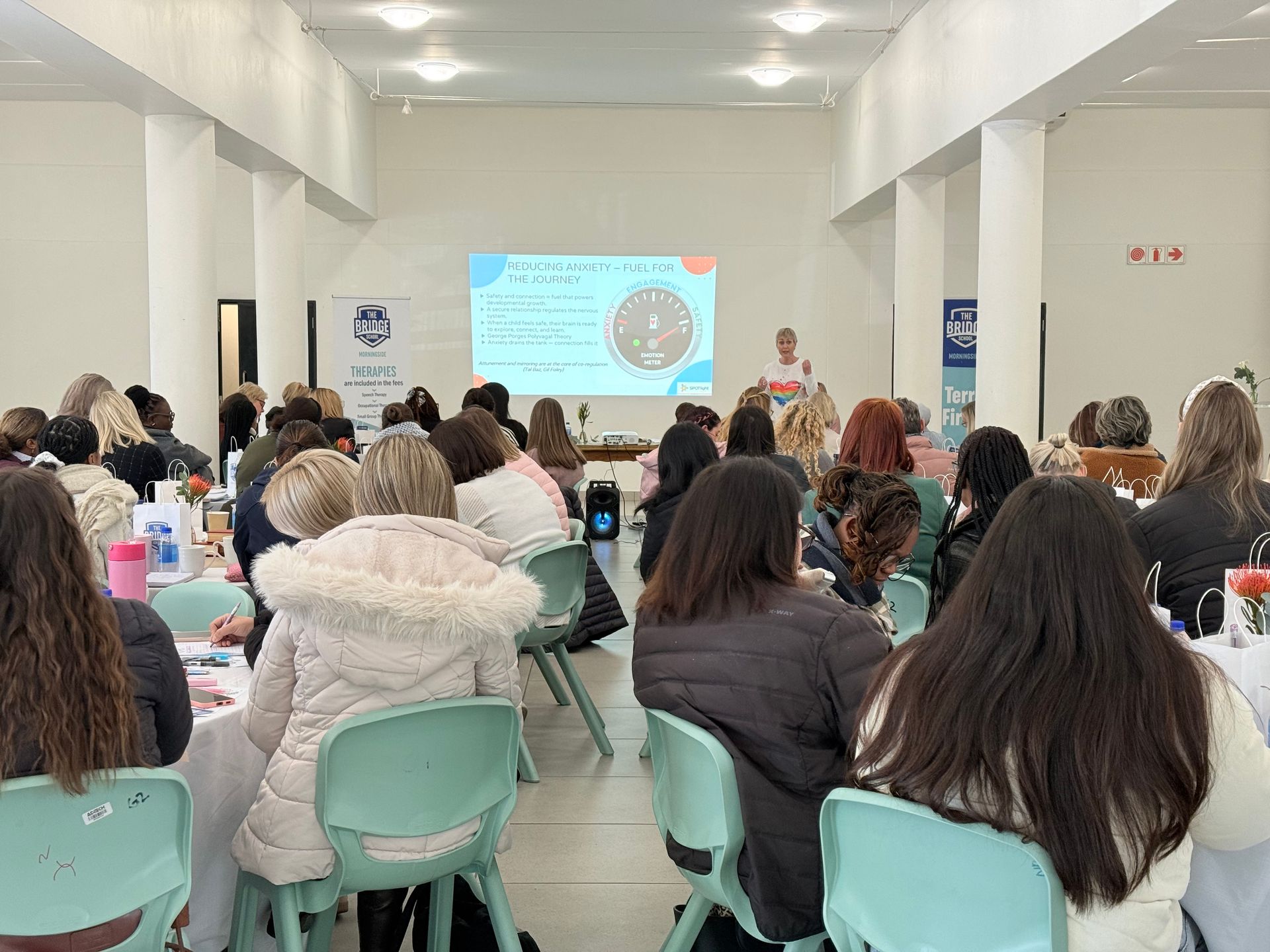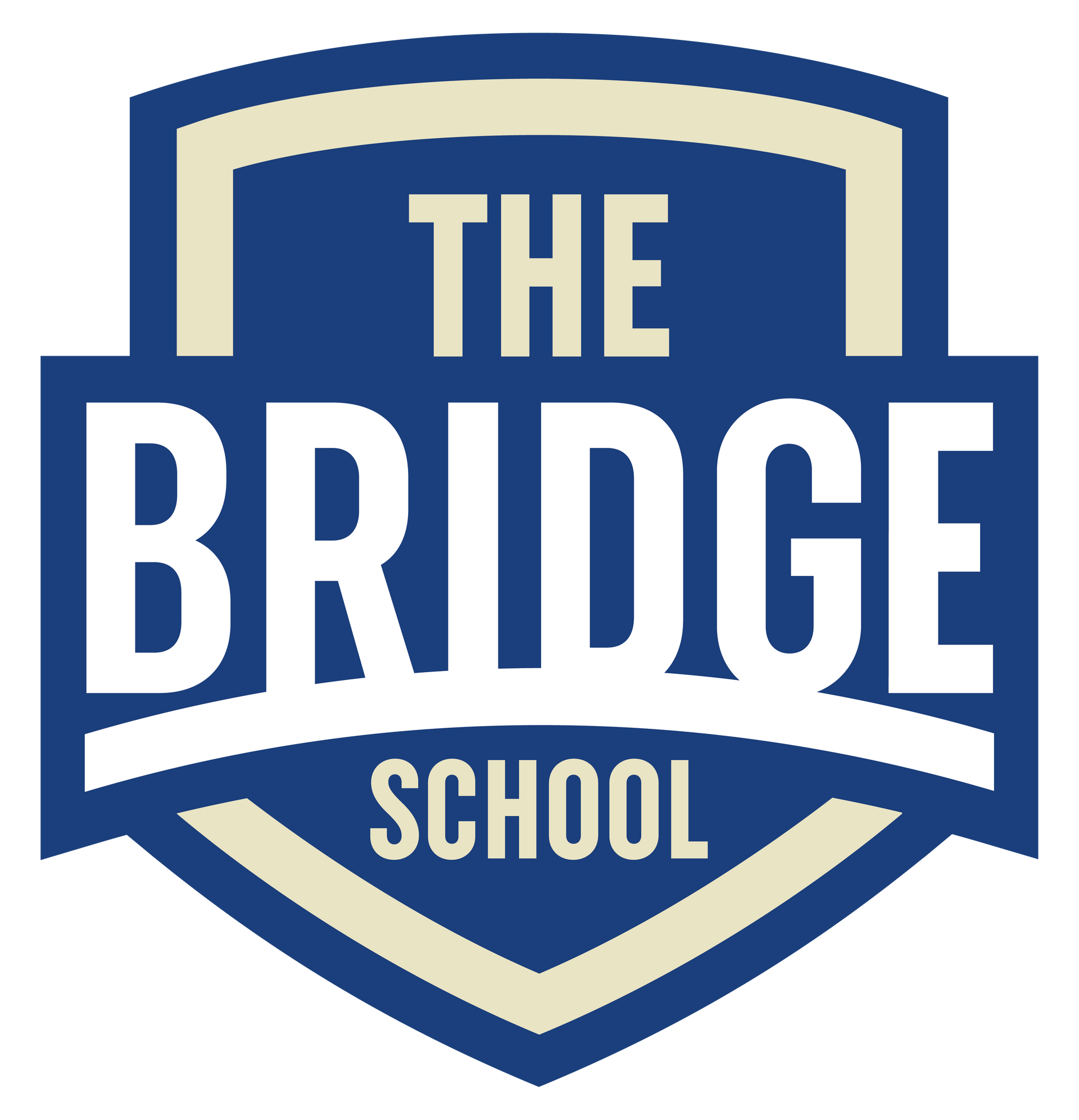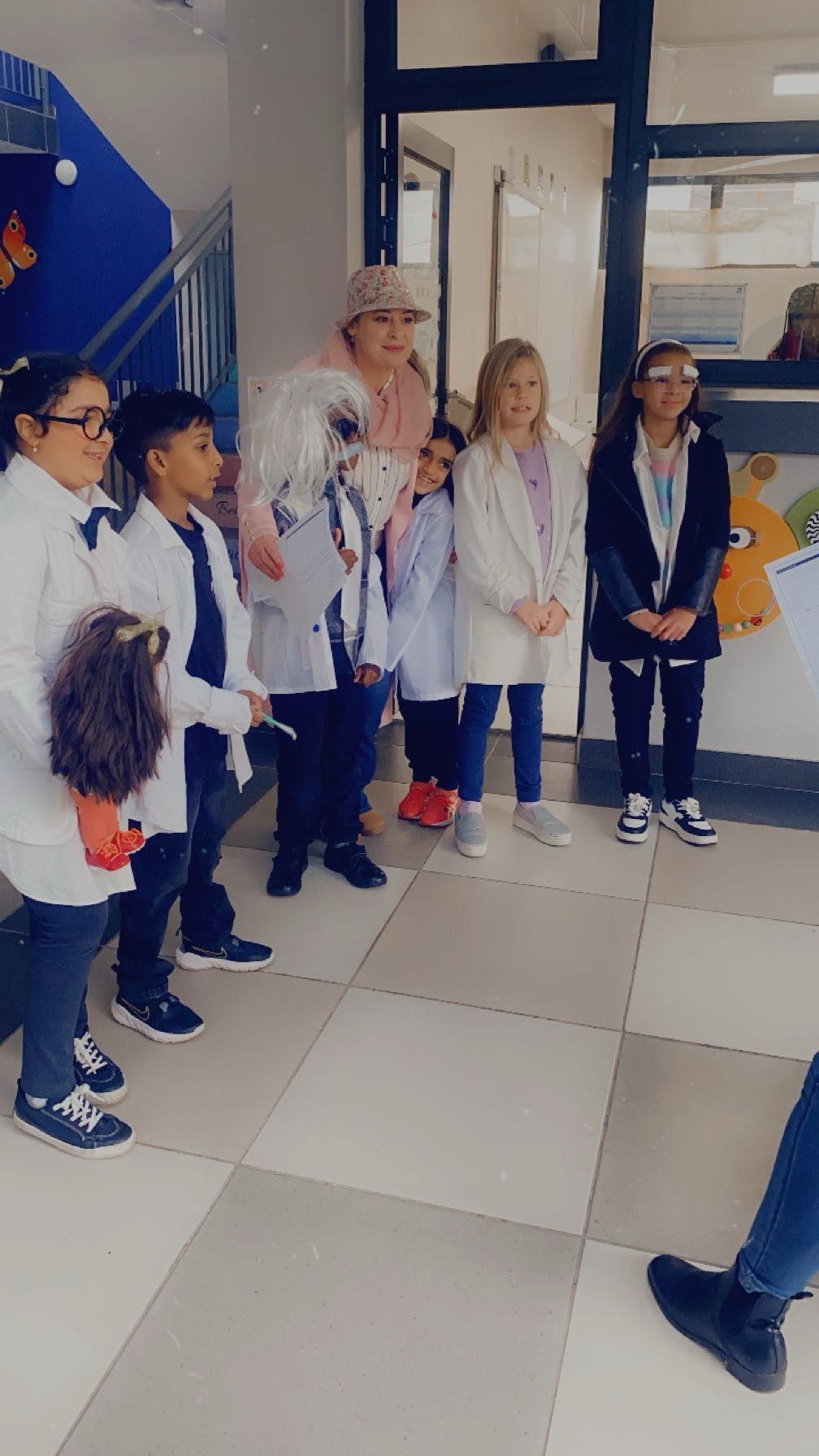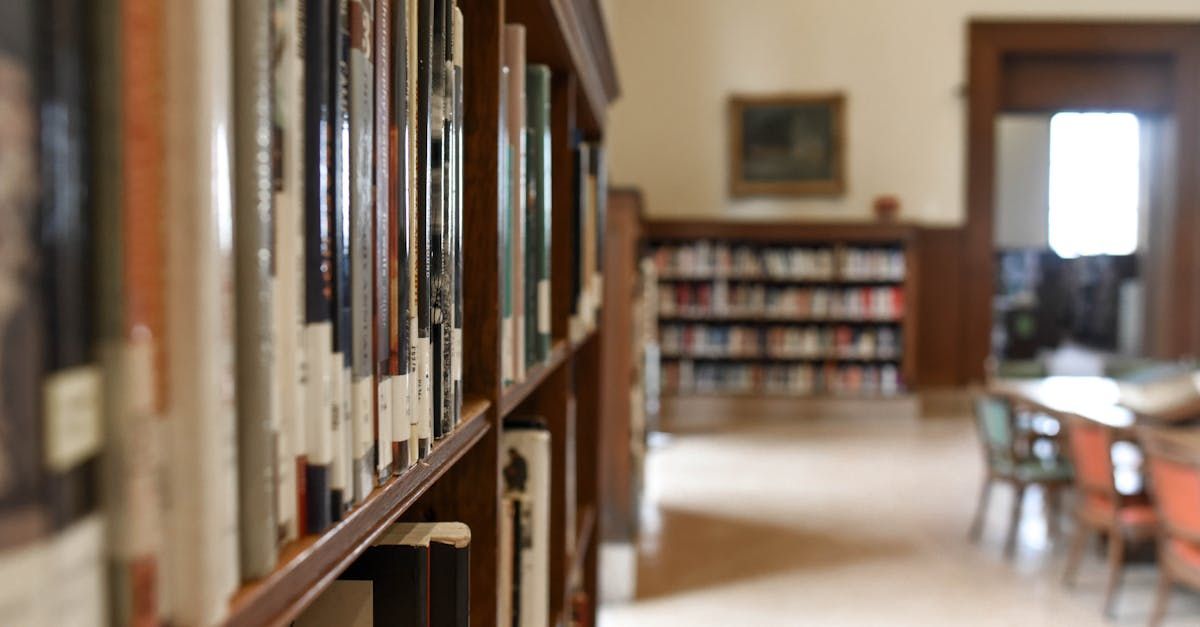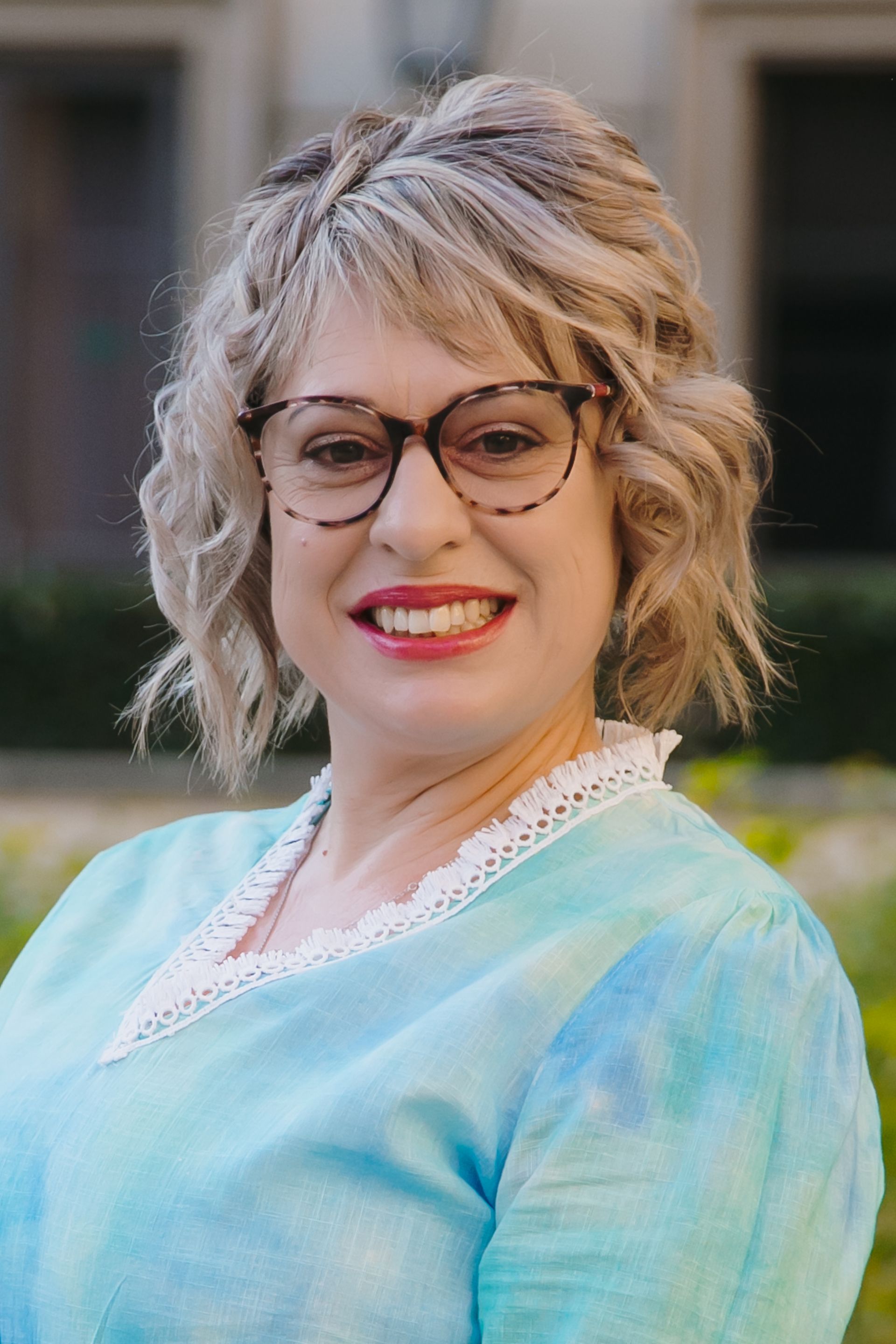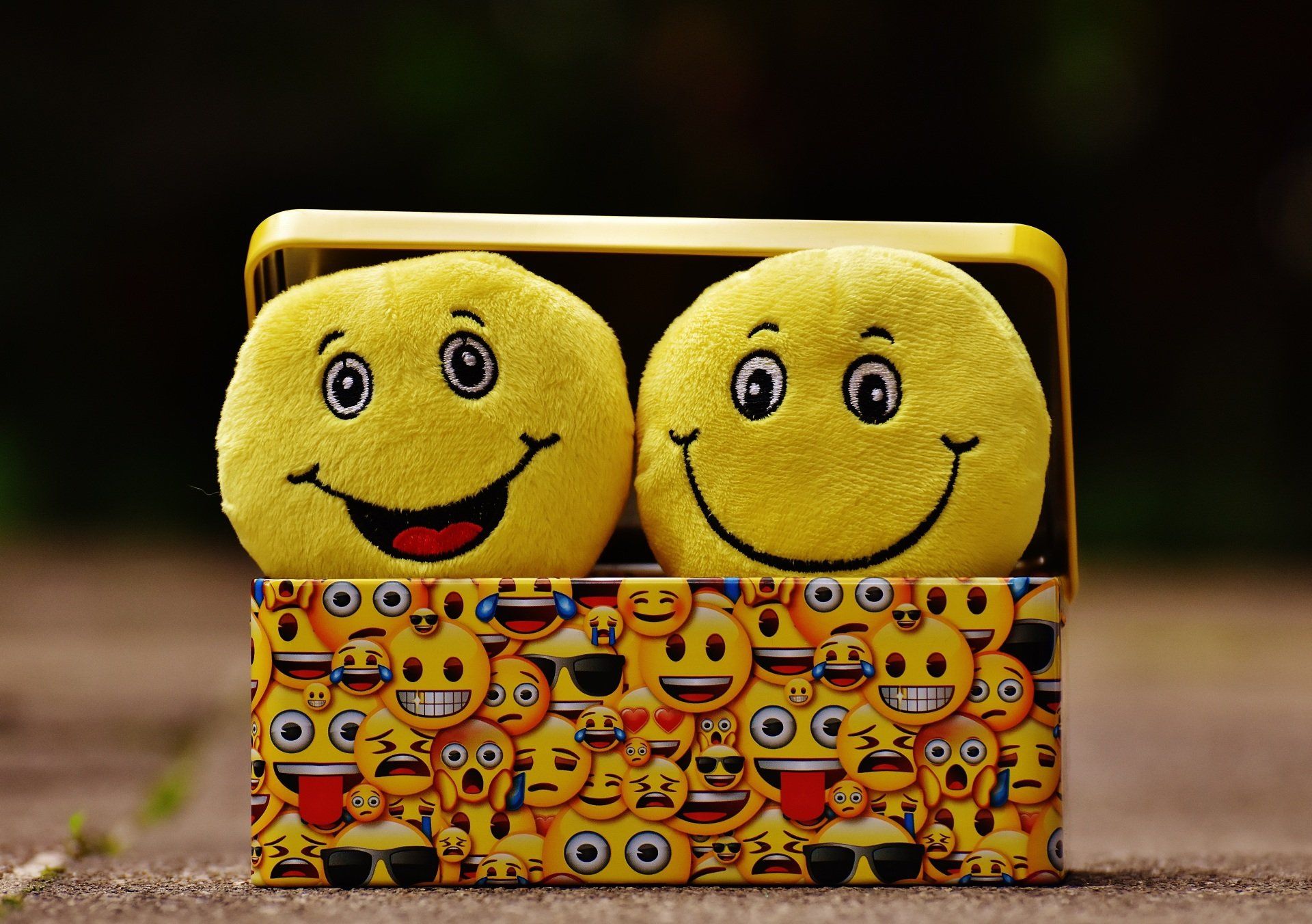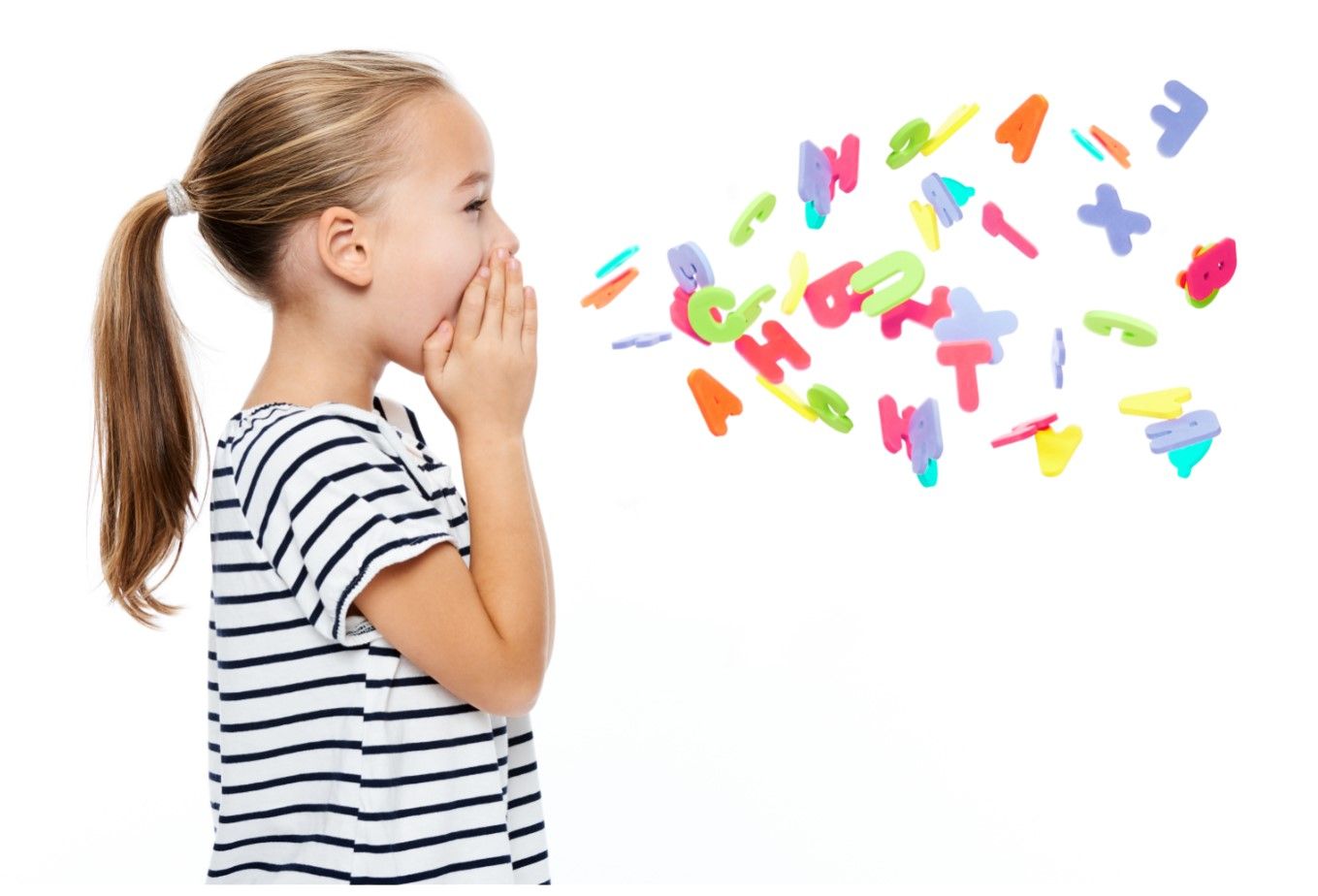Keys to Successful Learning
During the first seven foundation years, children are exposed to a multiplicity of different stimuli in their environments. While having to contend with the actions of the people around them as well as changes in their bodies as they grow, they also have to learn how to function in society, as well as how to manage their basic needs for survival. When these conditions are erratic and they receive different responses to similar situations, it may create anxiety and frustration.
This is where we as parents and guardians have a decisive role to play, to guide them in their understanding of and response to the world.
Creating structure by means of routines and clear expectations allows for a sense of safety in children. It provides them with a set of conditions that are predictable and leaves little room for misunderstandings and/or anxiety. By being consistent with routines, rules and responses to behaviours in all environments, children feel a sense of safety, stability and confidence, which are all essential qualities for learning and development to take place.
While creating structure and consistency might not be as easy as it sounds, there are a few simple ways to create a sense of safety for children:
- Develop and follow routines WITH your child.
- Develop rules and consequences WITH your child.
- Follow through with consequences to breaking rules, repeatedly.
- Be consistent with responses to behaviours.
- Give praise for behaviours that are considered acceptable.
- Give explanations for negative responses when behaviours are unacceptable.
By practising these habits together with your child, and creating psychological and emotional safety, your child will be better able to navigate unexpected challenges in their environment with resilience. This equips them to engage in developmentally appropriate learning and socio-emotional activities.
At The Bridge Assisted Learning School, our smaller classes allow for teachers to create a more structured environment that includes the children, to ensure a thorough understanding of their expectations. We use variety of modalities to familiarise the children with their daily schedules, to reduce anxiety levels and inconsistencies.
